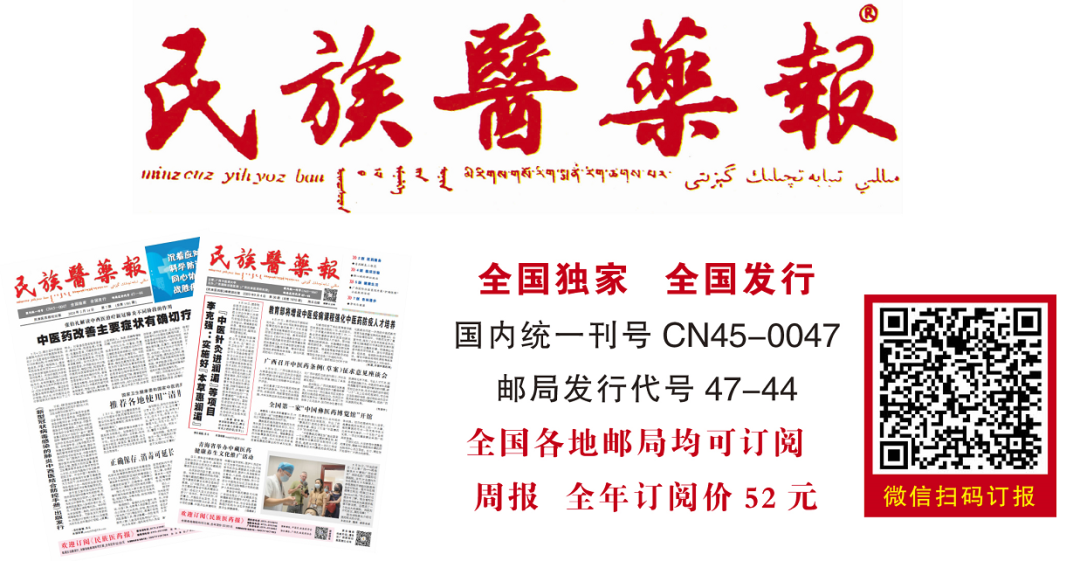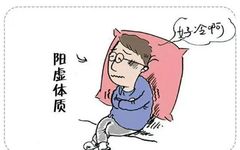
In many people’s understanding, men generally need to tonify Yang, while women need to tonify Yin. However, this is a one-sided view. It is essential to maintain a balance of Yin and Yang in everyone. While it is true that many men exhibit Yang deficiency, there are also many who present with a Yin deficiency constitution; similarly, while women often show signs of Yin and blood deficiency, there are also those with Yang deficiency. For individuals with a Yin deficiency constitution, the best approach is to use clear and nourishing dietary therapy.
Manifestations of Yin Deficiency Constitution
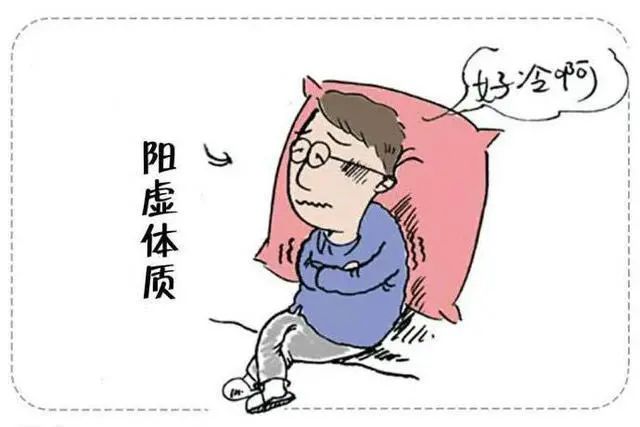
Yin deficiency primarily refers to the pathological phenomenon of deficiency and weakness of essence, blood, or body fluids. Since essence, blood, and body fluids are all considered Yin, this condition is termed Yin deficiency. It is commonly seen in patients who have experienced excessive consumption of essence, blood, and body fluids due to febrile diseases or prolonged illness. If internal heat is excessive and fire is rampant, it further depletes Yin fluids. Symptoms include tidal fever, night sweats, five hearts heat (palms and soles), worsening in the afternoon, emaciation with red cheeks, dry mouth and throat, dry cough with little phlegm, dizziness, tinnitus, scanty menstrual flow or amenorrhea in women, dry stools, short and red urine, red tongue with little coating, and thin rapid pulse.
Traditional Chinese Medicine (TCM) believes that a person’s health is closely related to changes in climate and environment. For instance, in summer, hot weather and excessive sweating can significantly impact metabolism. Individuals who have just endured the scorching heat of summer often experience the adverse effects of autumn dryness, leading to Yin deficiency and excessive heat, commonly manifesting as dry mouth, cracked lips, dry throat, hoarseness, scanty phlegm with dry cough, dry skin, and reduced urination and constipation.
How to Nourish Yin Deficiency Constitution

To improve a Yin deficiency constitution, it is best to adopt a clear and gentle nourishing approach, with dietary therapy being the most effective. It is advisable to regularly consume foods or medicinal foods that have the effect of nourishing Yin and generating body fluids, which are sweet, cool, and moistening. Fresh vegetables, fruits, and foods rich in vitamins and proteins should be consumed more, such as Chinese cabbage, lotus root, radish, water chestnut, pear, watermelon, white fungus (Tremella fuciformis), black fungus (Auricularia auricula), turtle, soft-shelled turtle (Pelodiscus sinensis), and bird’s nest. Medicinal foods that can be consumed regularly include lily (Bai He), Chinese yam (Shan Yao), mulberry (Sang Shen), goji berries (Gou Qi Zi), ophiopogon (Mai Dong), sand ginseng (Sha Shen), dendrobium (Shi Hu), polygonatum (Yu Zhu), rhizoma polygonati (Huang Jing), raw rehmannia (Sheng Di), and American ginseng (Xi Yang Shen).
It is important to note that clear nourishment does not mean avoiding meat entirely, but rather to eat less of foods that are high in animal fat and overly greasy. For individuals with a Yin deficiency and excessive heat constitution, it is advisable to limit or avoid foods that are warm, hot, aromatic, and likely to deplete Yin fluids or cause heat, such as lamb, chicken, dog meat, chili, ginger, garlic, aconite (Fu Zi), deer antler (Lu Rong), and various spices. Fruits like lychee and longan should also be consumed sparingly or avoided. Hot pot should be minimized, and while cold foods and drinks can be consumed, they should not be excessive.
Common Dietary Therapy Recipes for Yin Deficiency Patients
Five Juice Drink
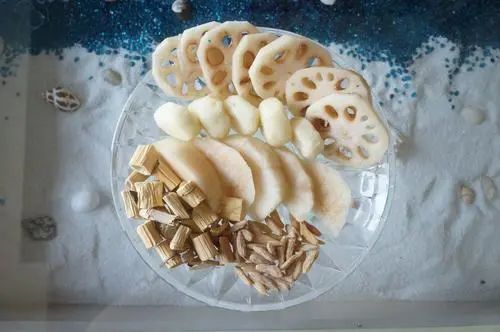
Water chestnut, fresh reed root, autumn pear, ophiopogon, and fresh lotus root (or sugar cane) in appropriate amounts. Juice separately, mix, and serve chilled. This is used to treat lung and stomach heat diseases that injure body fluids and Yin, presenting with symptoms such as dry throat and thirst.
White Fungus, Ophiopogon, and American Ginseng Drink
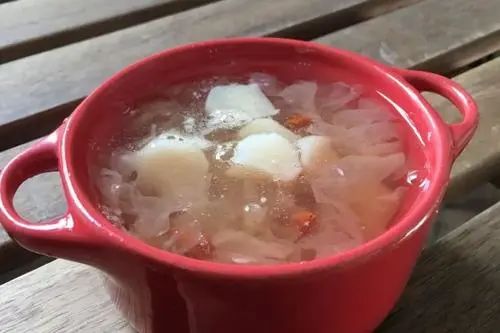
10 grams of white fungus (soaked), 10 grams of ophiopogon, and 5 grams of American ginseng. Boil in water for 20 minutes to extract the medicinal liquid, add an appropriate amount of rock sugar, and serve warm. This has the effect of benefiting Qi and nourishing Yin, suitable for various causes of Qi and Yin deficiency.
Jellyfish and Water Chestnut Soup
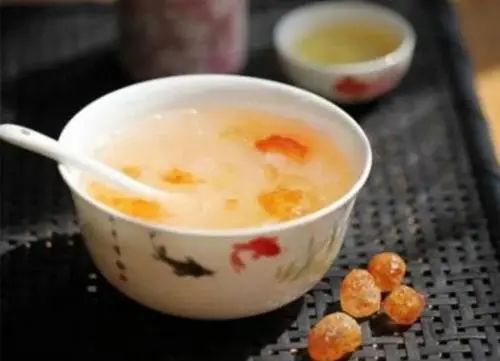
50 grams of jellyfish skin and 100 grams of water chestnut (peeled and sliced). Boil together to make soup, drink the soup and eat the water chestnut. This has the functions of generating body fluids, quenching thirst, clearing heat, transforming phlegm, and nourishing Yin and moistening the lungs, used to treat Yin deficiency type hypertension (can add 15 grams of kelp to cook together), heat excess with fluid injury cough, and pediatric food accumulation (2-3 pieces each time). Not suitable for those with spleen and stomach cold deficiency.
Polygonatum, Chinese Yam, and Sea Cucumber Soup
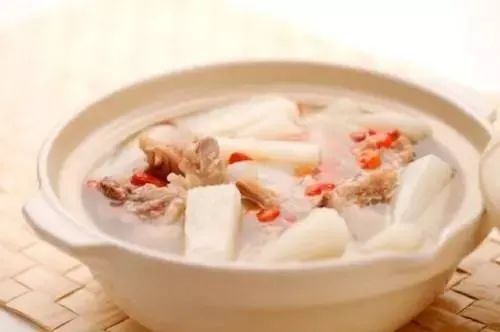
30 grams of polygonatum, 40 grams of Chinese yam, 6 pieces of ginkgo nuts, and 2 pieces of sea cucumber (soaked and sliced). Heat oil in a pan, add ginger slices to sauté, add sea cucumber and ginkgo nuts to stir-fry slightly, add an appropriate amount of water, then add polygonatum, Chinese yam, salt, rock sugar, and soy sauce to season, and simmer until soft. This has the effects of nourishing the lungs and kidneys, relieving asthma, and stopping leukorrhea.
White Fungus and Dendrobium Drink
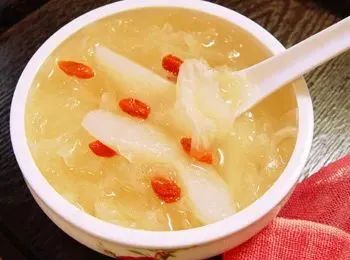
10 grams of white fungus (soaked), 15 grams of fresh dendrobium (or 6 grams dried), and 10 grams of polygonatum. Decoction for oral administration, one dose per day. Suitable for those with lung and stomach Yin deficiency, or those experiencing dry throat and thirst, and loss of appetite after chemotherapy.
Source | “Ethnic Medicine News”
Editor on Duty | Mao Kailiang
Chief Editor | Zhang Haibo


